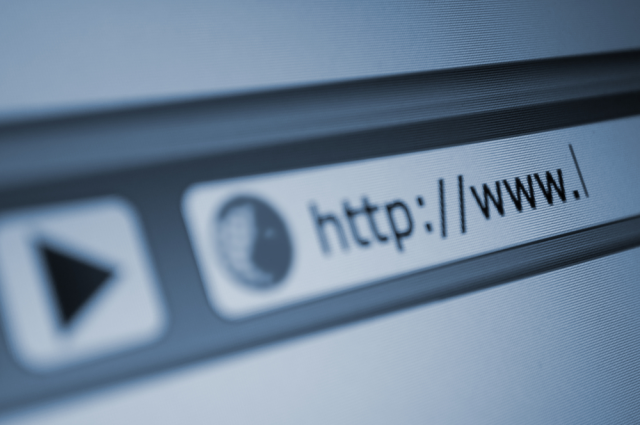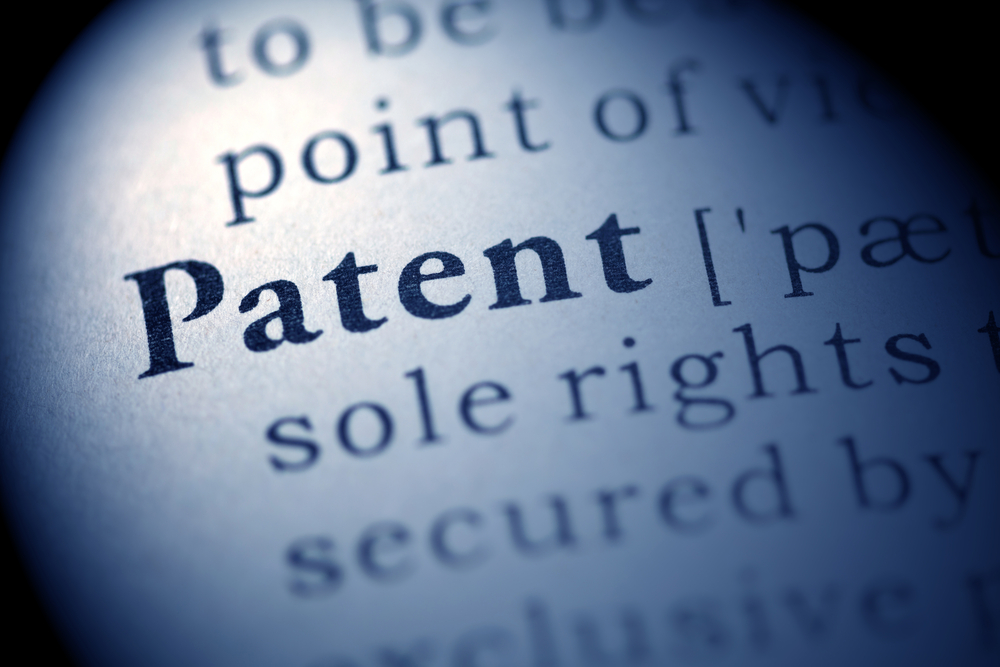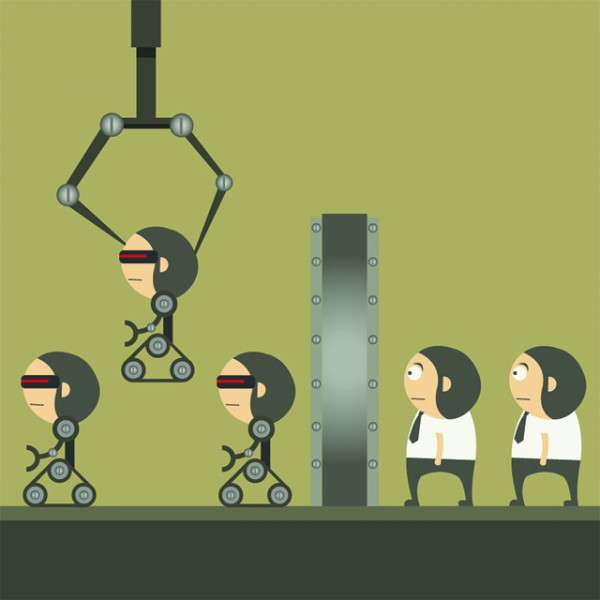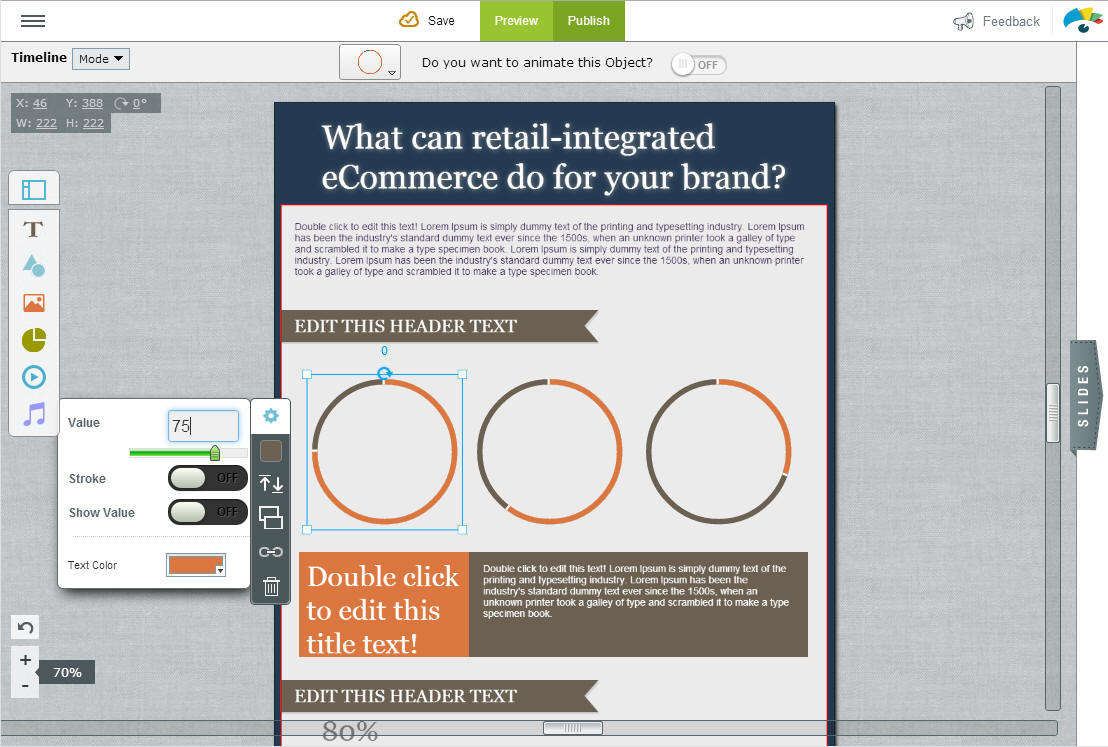
Google sets its sights on kids with child-friendly versions of YouTube and Gmail
There are many parts of the internet that are blocked to children under the age of 13. Facebook, for instance, implements an age restriction and Google is another online firm that prevents younger web users from setting up accounts. But all this could be set to change. First reported by The Information, Google has plans to open up its service to a younger audience. This does not mean that youngsters will be free to sign up for an account and browse through the contents of YouTube without restrictions. Parents will be able to sign their children up for an account and retain control over what they are able to do online.
One of the primary concerns many people have about Google -- regardless of their age -- is privacy. Google has a proven track record in delivering tailored content and advertisements to its users, and this is something that is at odds with laws around the world when it comes to children. The news coincides with UK plans to experiment with age ratings for online videos, and privacy and child protection groups are already voicing their concerns. Of course, there is nothing to stop someone of any age from signing up for a Google account; it's easy to stretch the truth with dates of birth online. But Google specifically targeting children with its services is unchartered water.

Seven teenage tech entrepreneurs who made millions before they turned 21
If you’re a tech entrepreneur, or want to be, the good news is there’s still plenty of money to be made if you have a great idea, and can attract the right audience and/or investors.
According to the Kauffman Foundation, the average age of first-time tech entrepreneurs is 39 but really there’s no age limit -- they can be much older, or much, much younger. In fact plenty of teens have managed to make it big with nothing more than a great idea and the willingness to pursue it.

Google starts testing new domain registration service -- Google Domains
In many regards, it is rather surprising that it didn’t happen sooner -- today Google announces it is testing a new domain registration service aimed at businesses. Google Domains is currently an invite-only service, and it has taken the search-giant a very long time to get in on the website game. Once fully up and running, "businesses will be able to search, find, purchase and transfer the best domain for their business -- whether it's .com, .biz, .org, or any of the wide range of new domains that are being released to the web".
At the moment, the service is concerned only with domain registration. However, partnerships with the likes of Shopify, Squarespace, Weebly, and Wix.com suggest that storage and web building options will also be in the cards. Few details have been released about just what we can expect from Google Domains, but the About page does give something of an insight. Standard features such as domain forwarding and domain management tools are complemented by customizable sub-domains and email accounts that can be forwarded to existing Gmail addresses.

US Supreme Court squares up to software patent trolls with stricter rules
A ruling by the US Supreme Court could change the way patents are assigned in the future. A case between New York-based CLS Bank International and Australian company Alice Corp found judges unanimously agreeing that software patent was invalid because it was simply an existing idea transferred to a computer. In order to qualify for a patent, an idea must be unique, and the court ruled that the simple addition of a computer application is not enough.
CLS Bank International had complained that Alice Corp had applied a "generic computer implementation" to a patent owned by the bank, rendering it invalid; the court agreed. "The representative method claim does no more than simply instruct the practitioner to implement the abstract idea of intermediated settlement on generic computer", the ruling states.

Twitter reinstates tweets that mock the Prophet Muhammad and depict Koran burning
Twitter has reversed blocks it placed on numerous tweets and accounts in Pakistan that were deemed "blasphemous" and "unethical", including some that featured anti-Islamic content, depictions of the Prophet Muhammad, and photos of the Koran burning. Pakistani authorities complained to Twitter back in May, and the social network "made an initial decision to withhold content in Pakistan".
But after the Pakistan Telecommunication Authority failed to provide the additional information that Twitter requested, the accounts and tweets have been restored.

The new industrial revolution -- machines rise up to become our equals
The Internet of Things is just the latest buzzword that is being used to push all manner of products. Let's cut to the chase -- it's just about "stuff" (other than obvious things like computers and phones) connecting to the internet. Nothing more than that. But this dismissive-sounding definition is not meant to undermine the importance or the significance of the IoT. We've spent the last 20 years or so getting used to the idea of accessing the web, harnessing what it has to offer, exploiting it in various ways and finding all manner of methods of using it to make life easier, more entertaining, and more profitable. The evolution of the Internet of Things sees this taken to the next level.
We are on the cusp of a new industrial revolution. Many would say that the wheels are already in motion. The tired -- very, very tired -- example of what the Internet of Things is about, is the prospect of owning a fridge that will be aware of when you run out of milk, and then either alert you or place an order on your behalf. This is a very simplistic view of things, but it is the communication between devices that will be the hallmark of things to come. Inter-device communication, or machine-to-machine (M2M) connectivity. Devices that can be left to their own devices (ahem) are approaching in ever-growing numbers, and there are advantages to be gained.

Google gives in, sets up 'forget me' form following EU ruling
A couple of weeks ago, a European court ruling said that internet users had a "right to be forgotten". Google was at the center of the test case, and the internet giant expressed disappointment at the court's decision that individuals should be able to request that their details be removed from search results. Now a removal request form has been created for those looking to clear their name from search queries.
In order to use the form, individuals are required to provide a "valid form of photo ID". It is then possible to request that information that is "inadequate, irrelevant or no longer relevant, or excessive in relation to the purposes for which they were processed" be removed. Google has already made it clear that it found the court ruling "disappointing", and the company says that submitting a request is no guarantee of having details removed from search results.

Technology and politics -- two paths that need to cross to enable progress
In the world of politics, the wheels of change move slowly; very slowly indeed. Parties and those in power have a vested interest in maintaining the established order, and any attempts to buck the status quo are usually fairy fiercely opposed. Contrast this with the technological world where there are new innovations made every single day -- even at the weekend! Technology doesn’t run out of money and leave an entire nation on the verge of collapse. Technology is not interested in race, class, sex, sexuality or other characteristics. It is certainly true that technology is largely driven by a desire to generate profit -- we are, for the time being, living in a capitalist world, after all -- but it is profit born of fulfilling people's needs and desires.
Can the same be said of politics? To a large extent politics is self-serving. There's still an interest in generating a profit, but it is for the benefit of the few. Technology serves the masses, and has the potential to serve and benefit all. Of course, the term "technology" is rather broad. For the purposes of this article, I'm going to use it to refer to computers, the internet, smartphone, the cloud, electronic/connected devices, robots and the like. For all the gestures to democracy and choice, politicians are, for the most part, interested in serving certain sections of society. There are of course those parties and politicians who are able to take a wider view, have an interest in helping those at the bottom as much as those at the top, and value all people equally.

API ruling in Oracle's favor could have far-reaching consequences
In something of a surprise twist on Friday, a court ruled that Oracle is entitled to copyright protection for its Java APIs. This is a case that has been rumbling on for some time now after Oracle sued Google for implementing the APIs into Android, and the implications could be far-reaching. It almost goes without saying that Google will appeal the ruling, although no announcement has actually been made to this effect. The decision that "we conclude that the declaring code and the structure, sequence, and organization of the 37 Java API packages at issue are entitled to copyright protection" seems fairly cut and dried, but the real consequences are yet to be felt.
Back in 2012, it had been decided that there was not a problem with Google, or anyone else, writing code that performed the same function as existing APIs -- this is essentially what Google had to do when implementing the Java APIs in Android -- with the judge at the time stating that "duplication of the command structure is necessary for interoperability". But the latest ruling turns this on its head, which is not good news for Google. "We therefore reverse the district court's copyrightability determination with instructions to reinstate the jury's infringement verdict. Because the jury hung on fair use, we remand Google's fair use defense for further proceedings consistent with this decision".

You've got content -- Microsoft and AOL join forces
My first computer, a Packard Bell, ran Windows 95. My father bought it for me after I begged him relentlessly. It was a huge expense that we really couldn't afford, but he came through. I sold him on it by promising to use it for schoolwork and learning. However, my true motives were far more devious -- I wanted AOL. Yes, believe it or not, the concept of talking to a girl over the Internet in a chat room was an amazing feat in 1996. This was very intriguing to a teenage nerd.
My love affair with AOL continued for a while, until broadband was introduced years later. I then promptly ditched the service for a cable modem. However, to this day, the Microsoft/AOL power-couple of the 90's still conjures nostalgic feelings. Today, AOL announces that it is teaming up with Microsoft for an all-new content deal.

Visme wants to be the only tool businesses need for visual content
Whatever message you want to get across, whether it's in an advert, an infographic or a presentation, how it looks is key to success.
Maryland-based Easy WebContent has relaunched its Presenter tool under the name Visme aiming to make it a "Swiss knife for visual content".

I gave up the Ghost
I spent time with the Ghost blogging platform today. I am intrigued by the visuals and promised simplicity. But I don't see the latter. At this stage, I just see complexity. Yet the whole premise is stripping back to basic blogging, rather than managing content as WordPress increasingly demands.
This month I put up a website for my personal independent publishing brand, and there are few posts, making it a good test case for migration. I easily used the WordPress plugin for exporting posts in Ghost format and imported them just fine. But I see too much trouble adapting themes, most of which look fabulous, BTW, or prepping other basic features.

Getty Images makes its pictures available for free -- but what’s the real price?
You can't argue with free can you? The absence of a price tag makes just about anything seem more attractive, and the latest company to join the freebie party is none other than Getty Images, that bastion of photos whose pictures you cannot fail to have seen in newspapers, magazines and on websites. Previously only available to those willing to cough up the cash, Getty Images' new Embed Images tool can now be used by any to... well... embed images into web pages and blog posts. And there are literally millions to choose from.
Sounds great, right? You must have found yourself struggling to find a royalty free image to use in a blog post, ultimately settling for working with something less than ideal -- after all, you wouldn’t just "borrow" an image from another site, would you? Now you can simply head over to the Getty Images site and, assuming you're not going to use pictures for commercial purposes, start browsing for and using whatever photos take your fancy. Hoorary!

Yahoo and BlackBerry worm further into your life with mobile ads
There are few people who like ads. Sure, they can be works of art -- certainly there are some advertisements that are infinitely better than a lot of the dirge pumped out by television networks -- but while advertisements on television can be fairly easily avoided (thank you TiVo -- other PVRs are available!) it is a different matter on a computer or mobile device. "Opting" to watch a mindblowing ad for Apple, Guinness or Honda is one thing, but to have unavoidable -- and usually crappy -- advertisements forced upon you whilst browsing the web or using an application is an entirely different matter.
There are groups of people who are happy to endure these adverts because they fund apps, and make it possible for developers to provide their hard work free of charge -- you may fall into this group and have perhaps been able to configure an automatic ad filter for your eyes. But there are larger legions for whom ads are just plain, damned irritating. In some instances it is possible to pay to avoid them, but this is not always the case. If BlackBerry and Yahoo get their way, advertisements are going to become rather more noticeable.

Innovation will save net neutrality and keep data plans affordable
Wireless carriers are opposing net neutrality because their networks have limited capacity and they need more flexibility to handle traffic. But they are missing an opportunity by not embracing spectrum sharing, a technology that could vastly increase the available bandwidth.
Net neutrality has been in the headlines following Verizon's recent Federal court win against the Federal Communications Commission's (FCC) open Internet rules. Also, AT&T is now courting corporate sponsors to help subsidize customer data plans. Some consumer rights groups view these events as a concerted effort to undermine the longstanding practice that compels service providers to treat all traffic equally. These events could all signal the beginning of a tiered-off Internet.
